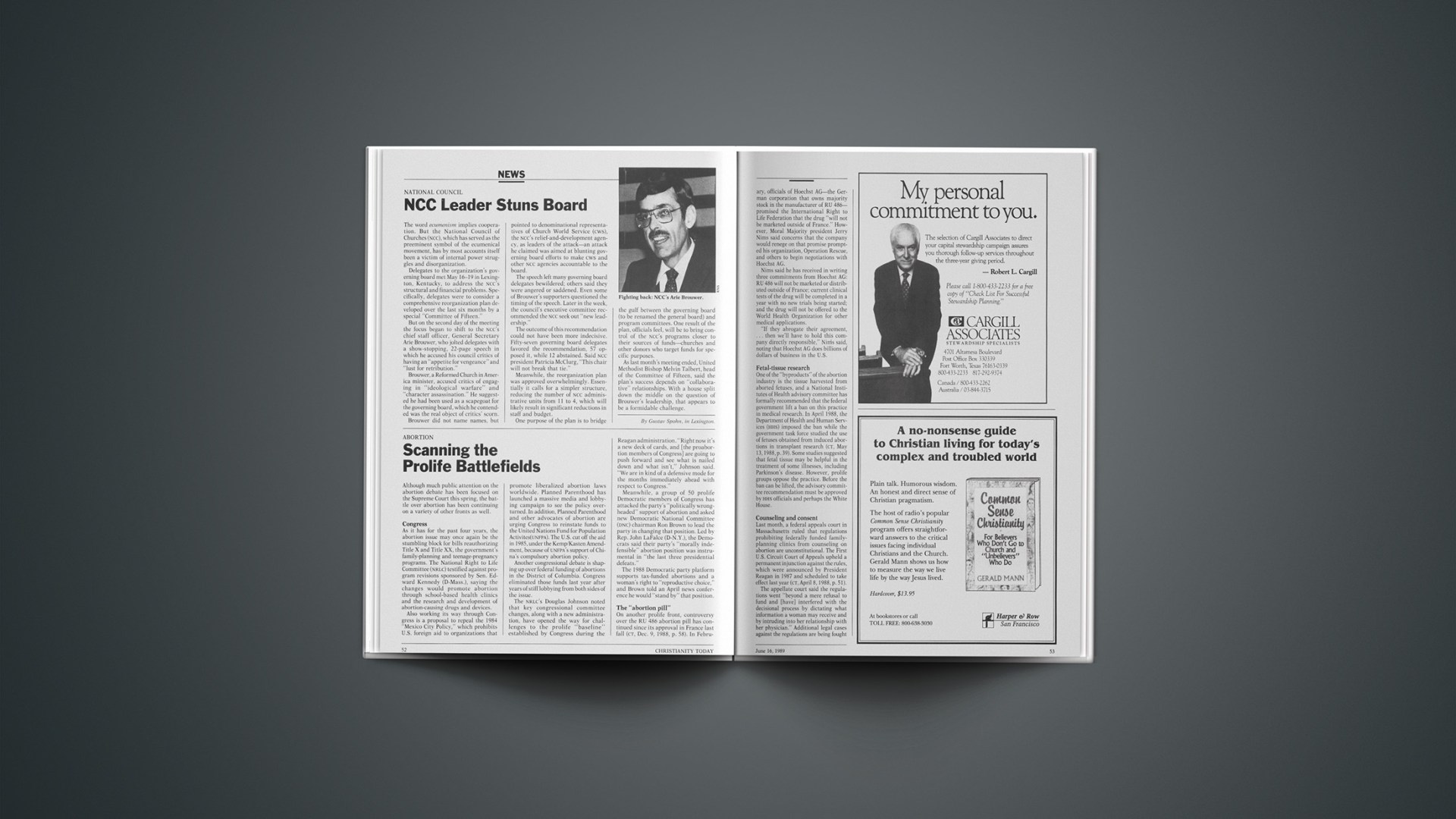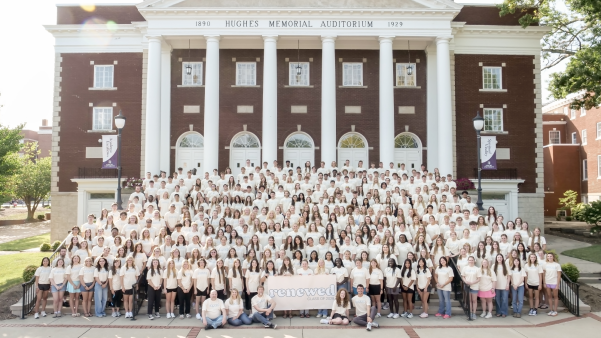An antidiscrimination bill quickly working its way through Congress is raising concerns in the evangelical community because of potential church/state implications. The Americans with Disabilities Act of 1989, introduced last month, is designed to ban discrimination in the rendering of “services, programs, activities, benefits, jobs, and other opportunities” to disabled persons in places of “public accommodation.” However, according to constitutional scholar William Bentley Ball, the act would allow Congress to “regulate churches, religions, and religious bodies of every type.”
Ball told CHRISTIANITY TODAY that Sen. Tom Harkin (D-Iowa) “flat out” admitted to him that the bill was intended to include churches and private religious schools in its coverage. “This [would] transform religious schools and churches in a way hitherto unknown under the law,” Ball said.
According to Ball, the bill would injure religious bodies in two areas: in the matter of “self-governance” on moral issues, and through an unfair economic burden. In the bill, a disability is defined as “a physical or mental impairment that substantially limits one or more of the major life activities.” Ball said such a vague definition could force religious groups to hire drug and alcohol addicts and even AIDS victims who contracted the disease through immoral behavior. (However, the bill stipulates that drug or alcohol use must not “pose a direct threat” to others’ property or safety.)
Ball noted that the Association of Christian Schools, for example, does not employ “users of drugs or alcohol, irrespective of any question of abuse” and could therefore be “forced to discriminate, thus to disobey the law” should this act be passed without a religious exemption.
Similar objections were raised last year about the Civil Rights Restoration Act (CT, April 22, 1988, pp. 38–39), but Ball said this legislation would be even more far reaching because its coverage would not be limited to institutions receiving federal money.
In addition, Ball said the bill is “extremely threatening” from a cost point of view because it would leave churches and religious schools that receive no public subsidies “at the mercy of potentially hostile administrators” who could require them to comply “to the hilt” in expensive structural renovations.
Maryland psychotherapist Sharon Hughey, a long-time advocate of rights for the disabled, also raised concerns about the bill. Hughey, who has been blind since birth, said she was in the “unfortunate and awkward position” of not being able to put her full support behind the bill because of the church/state questions. She said “[Christian schools and churches] should make every effort to assist the disabled—without being monitored by federal government—whenever such methods are financially responsible, and/or would not contradict the moral code or doctrinal views of such institutions.”










